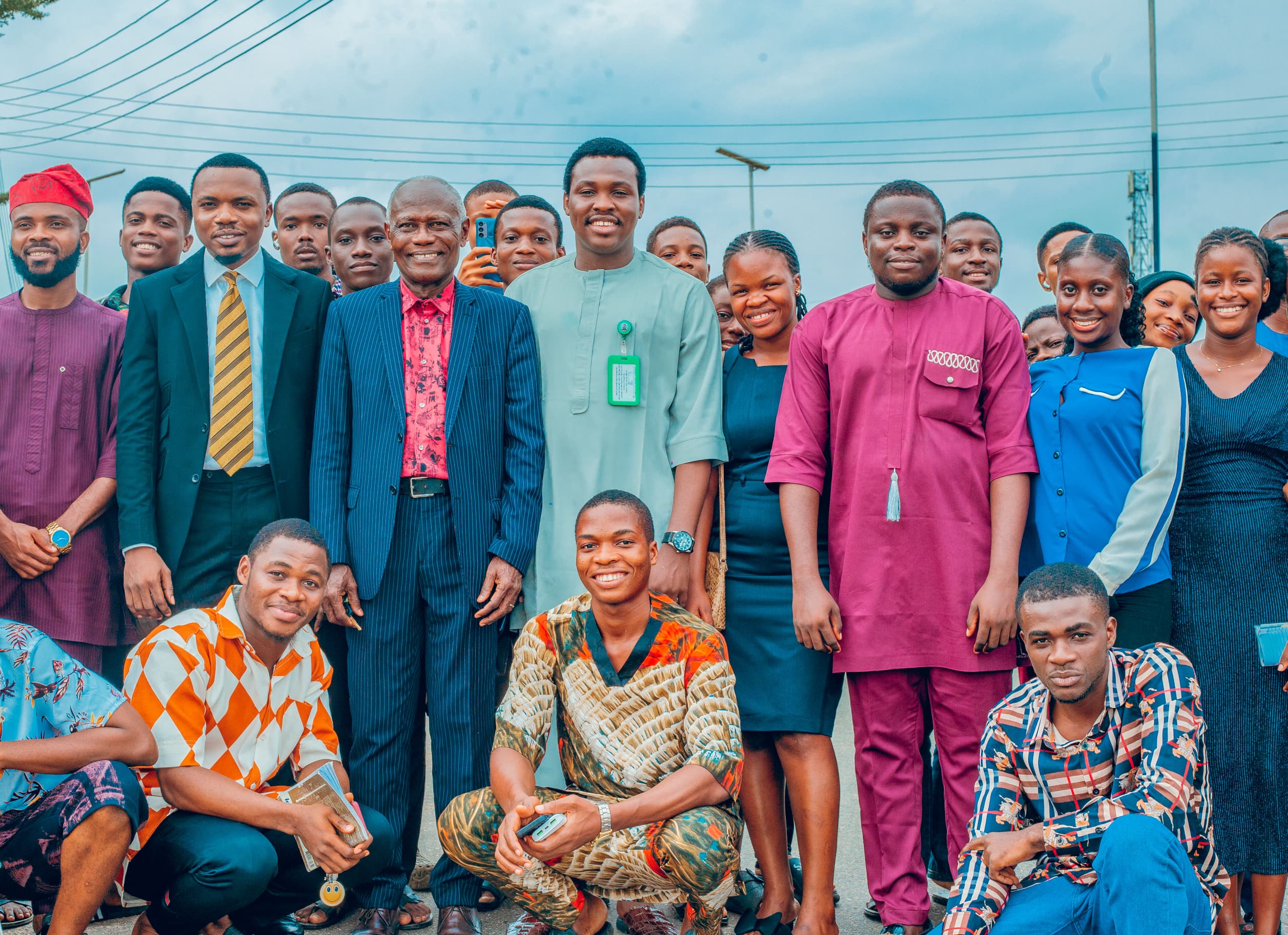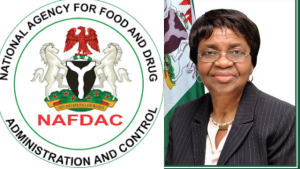GMO Food: Professor Ibia Exposes Risks That Could Threaten Nigeria’s Future, as Project Sprint Hosts Lecture Addressing Local and Global Concerns
Project SPRINT, in partnership with the Faculty of Agriculture at Akwa Ibom State University (AKSU), Obio Akpa Campus, organised a public lecture on the global and local implications of Genetically Modified Organisms (GMOs) and genetically modified (GMO foods).
The keynote address, delivered by Professor Trenchard O. Ibia, a distinguished expert in agricultural sciences, highlighted the complex issues surrounding GMOs, particularly in Nigeria. “GMOs represent a double-edged sword for our agricultural sector,” Professor Ibia remarked, setting the tone for the detailed analysis that followed.
In his address, titled “Some General Issues About GMO and GM Foods,” Professor Ibia delved into the benefits and challenges posed by genetically modified organisms. He noted that while GMOs have led to increased agricultural yields, enhanced food security, and potential medical benefits, they also raise serious ethical, environmental, and health concerns.
“The promise of GMOs to feed the world’s growing population cannot be ignored, but neither can the ethical questions and potential risks they bring,” he stated, emphasizing the need for a balanced perspective on this technology.
The lecture emphasized the distinction between transgenic and non-transgenic GMOs, as well as the differences between GMOs and hybrid organisms. Professor Ibia clarified that while hybridization involves the natural crossing of species to achieve desirable traits, genetic modification involves altering an organism’s DNA through the introduction of new genes or targeted changes.
“It is crucial to understand that GMOs are fundamentally different from hybrids; they involve a more invasive process that can have unpredictable outcomes,” Professor Ibia explained, stressing the need for caution in their adoption.
One of the key points of concern raised during the lecture was the potential health risks associated with GMOs. Professor Ibia highlighted that although GMOs can improve crop resilience and nutritional value, the long-term effects on human health remain uncertain.
“We are playing with the very fabric of life, and the long-term health implications are still largely unknown,” he warned, pointing to studies that suggest potential links between GMOs and various health issues, including allergies and antibiotic resistance.
The lecture also touched on the environmental implications of GMO cultivation. Professor Ibia warned of the risks of soil and water contamination, loss of biodiversity, and the potential for GMOs to outcross with wild plants, leading to unintended consequences.
“The environmental impact of GMOs could be as far-reaching as their benefits; we must weigh the risks of losing biodiversity against the potential for higher crop yields,” he cautioned, urging for more comprehensive environmental impact assessments.
Nigeria’s adoption of GMOs, particularly the recent approval of TELA maize, was a focal point of the discussion. While TELA maize, a genetically modified crop resistant to pests and drought, promises increased agricultural productivity, it has also sparked controversy.
“The introduction of TELA maize is a bold step, but it raises important questions about our sovereignty and the long-term sustainability of our agricultural practices,” Professor Ibia noted, reflecting the mixed reactions to this development within the country.
In response to public concerns, the Professor stated that, the Nigeria’s National Biosafety Management Agency (NBMA) has assured Nigerians that rigorous risk assessments were conducted before the approval of TELA maize.
He said the agency emphasized that the health and safety of Nigerians are of paramount importance and that the decision was based on scientific evidence. “We understand the public’s concerns, but our assessments have been thorough, and we are confident that TELA maize is safe for consumption,” he quoted NBMA, addressing the fears raised during the lecture.
Despite these assurances, civil society organizations such as the Health of Mother Earth Foundation (HOMEF) have expressed disapproval. HOMEF has criticized the lack of transparency in the approval process and questioned the adequacy of the risk assessments.
“There is a significant trust gap between the government and the people on this issue, and without transparency, that gap will only widen,” Professor Ibia echoed, aligning with HOMEF’s concerns over the governance of GMO approval processes.
The lecture concluded with a call for increased transparency, rigorous testing, and more informed public discourse on the use of GMOs in Nigeria. “We must approach GMOs with caution, ensuring that every step is transparent and every decision is based on sound science,” Professor Ibia concluded, urging stakeholders to engage in more open and informed discussions about the future of GMOs in the country.
Israel James, Country Coordinator of Project SPRINT, took the opportunity to commend the faculty president for their collaboration in organizing the event. He expressed gratitude to Professor Ibia for his insightful address and encouraged students to engage in policy advocacy.
Also Read: GMO Food: Project Sprint Hosts Lecture Addressing Local and Global Concerns
“As educated members of society, we have a duty to share our knowledge and actively participate in the democratic process to elect the best leaders. Your voices are crucial in advancing a policy framework to regulate GMO use in our country,” James asserted.
He also informed students about legislative efforts at the National Assembly aimed at creating a regulatory framework for GMOs and how their involvement could expedite this process.
See Photos:























